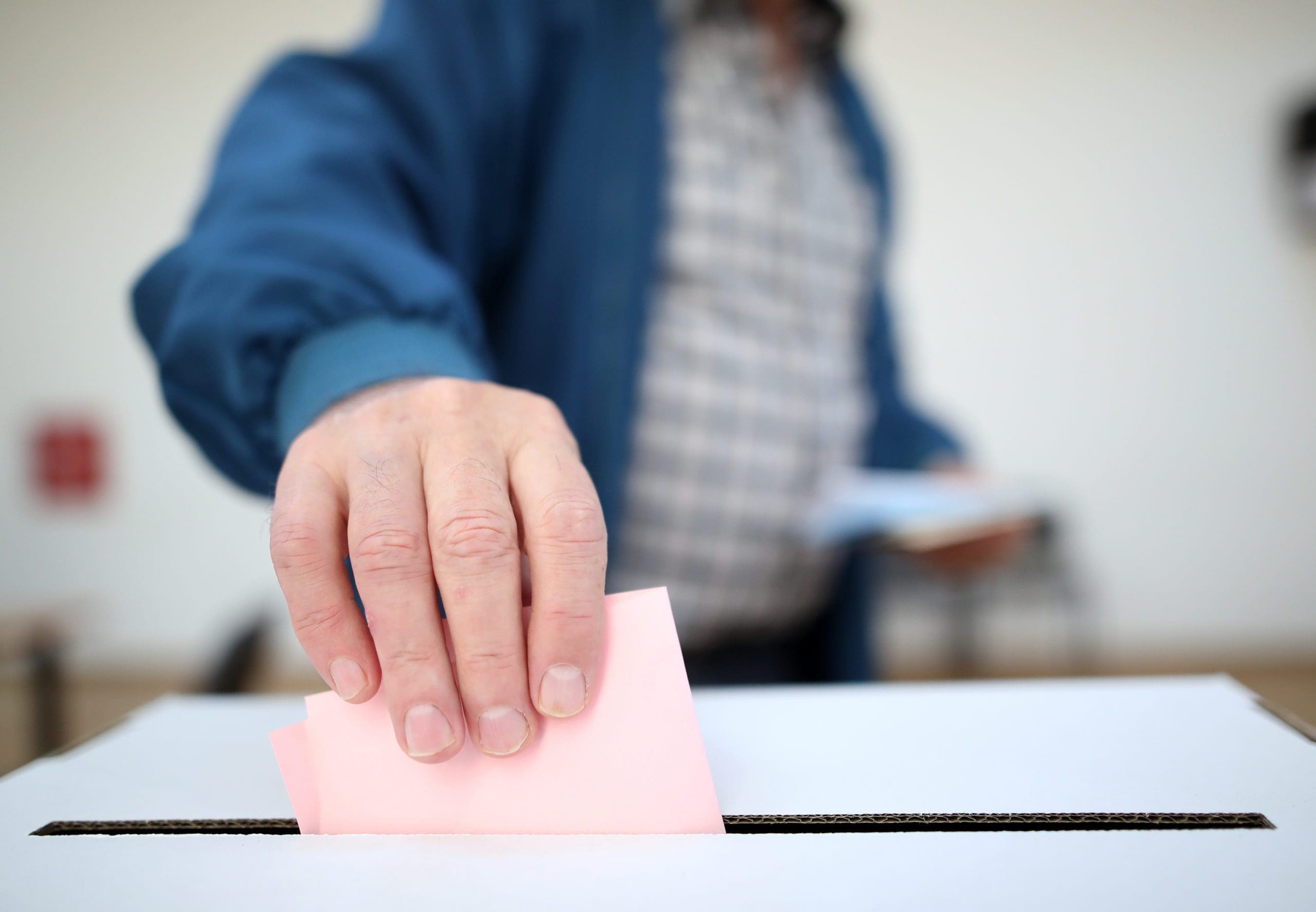The right to vote in a free and fair election is one of the basic American rights guaranteed by the U.S. Constitution. In light of this, the Texas GOP has announced its intention to prioritize election integrity in the upcoming 88th Legislative Session.
Background
Election integrity has been a hot topic for many years and increasingly so since the 2020 presidential election, which contained a multitude of irregularities that left many Americans believing the election was fraudulent.
Voting fraud comes in many forms, such as false registration, duplicative voting, and the fraudulent use of absentee ballots. According to the Heritage Foundation, there have been 1,354 proven cases of election fraud in the United States since 1982.
Texas has not been spared from the burden of voter fraud. For example, a woman in Victoria County pleaded guilty earlier this month to 26 felony counts of voter fraud after illegally harvesting mail-in ballots for a local election in 2018. She received deferred adjudication and won’t serve any time for her crimes. Meanwhile, the organizers of the scheme have yet to be prosecuted.
The two kinds of voter fraud most often perpetrated in Texas are fraudulent use of absentee ballots (requesting absentee ballots and voting under a false identity) and ineligible voting (illegal registration and voting by people who are not U.S. citizens or who are otherwise ineligible to vote).
To help mend these cracks in the voting system, the Texas GOP wants to restrict the distribution of mail-in ballots to only disabled, military, and out-of-state citizens. The party also wants to require citizenship verification from each voter.
Additionally, the Texas GOP would like to reduce the time allowed for early voting, eliminate the three-day gap between early voting and Election Day, and establish closed primaries in Texas.
Blows to Election Integrity
In the 2021 legislative session, election integrity was the Texas GOP’s No. 1 priority after lawmakers failed to pass proposed election reforms in past sessions. It was also the only priority given fast-track emergency status by Gov. Greg Abbott back in February.
Yet lawmakers in both chambers failed to consider election integrity until the legislative session was beyond the first 60 days. A handful of election bills have been signed, but conservatives’ top-priority comprehensive election reform bill was slow-rolled by Republican lawmakers. Just hours before the final deadline to pass legislation, Democrats were able to kill the bill by simply leaving the House chamber, breaking the two-thirds quorum needed to take a final vote on the issue.
The greatest blow to election integrity, however, came in the form of a bill passed in 2021’s second special legislative session that decreased the penalty for election fraud from a second-degree felony to a Class A misdemeanor. A second-degree felony in Texas is punishable by up to 20 years in prison, while Class A misdemeanors are punishable by up to a year in jail but can be resolved with a fine.
Paxton’s Election Integrity Unit
In an attempt to clean up election fraud, Texas Attorney General Ken Paxton created an election integrity unit to prevent fraud and the mishandling of Texas elections.
However, in December 2021, the Criminal Court of Appeals (CCA) clearly stated that it does not allow the attorney general to prosecute voter fraud. In an 8-1 opinion, the CCA claimed that the Texas law that gives the attorney general’s office the authority to prosecute election fraud cases violates the Texas Constitution’s separation of powers clause.
The Texas Constitution states that the attorney general is a part of the executive branch, not the judicial branch. As such, Paxton’s attempt to prosecute voter fraud was an interference between the two branches of government, and his election integrity unit was ruled unconstitutional.
In response, the Texas GOP has vowed to allow any Texas jurisdiction, including the Texas attorney general, to prosecute voter fraud.
The right to vote undergirds all of American and Texas politics. Without free and fair elections, the American system of government—a government of the people, by the people, and for the people—is at risk.
The Texas Legislature has a responsibility to uphold the integrity of Texas elections, and this legislative priority is intended to guide lawmakers in upcoming discussions and policies.





